Table of Contents
Introduction
The hormone cortisol, sometimes known as the “stress hormone,” is essential to how our bodies react to stress. While it is essential for various physiological functions, chronic high levels of cortisol can lead to numerous health issues, including increased body fat. In this blog, we delve into the science of cortisol, explore effective ways to manage it, and understand its connection with body fat.
What is Cortisol?
Cortisol is a steroid hormone produced by the adrenal glands, situated above your kidneys. In reaction to stress and low blood glucose, it is released. This hormone is essential for various body functions, including metabolism regulation, inflammation reduction, and memory formulation.

How Does Cortisol Affect Body Fat?
Increases Appetite
When cortisol levels are elevated due to stress, it can significantly increase appetite. This increase often leads to cravings for high-calorie, sugary, and fatty foods. These cravings are a result of cortisol’s effect on the brain, where it influences the production of hunger hormones such as ghrelin. As a result, people tend to consume more calories, which can lead to weight gain over time.
Promotes Fat Storage
Cortisol has a direct impact on fat distribution in the body. High levels of cortisol can lead to the accumulation of visceral fat, which is fat stored deep in the abdominal cavity. This type of fat is particularly concerning because it surrounds vital organs such as the liver, pancreas, and intestines, increasing the risk of metabolic disorders. Visceral fat is metabolically active and releases pro-inflammatory cytokines, which can further increase the risk of cardiovascular diseases and type 2 diabetes.
Alters Metabolism
Elevated cortisol levels can alter the body’s metabolism by slowing it down. Cortisol affects how the body processes carbohydrates, fats, and proteins. It can cause the body to break down muscle tissue to release amino acids for energy, which can reduce muscle mass and lower the metabolic rate. A lower metabolic rate means that the body burns fewer calories at rest, making it harder to lose weight and easier to gain fat.

Stress and the Fat-Storage Cycle
The relationship between stress, cortisol, and body fat creates a vicious cycle. When stressed, cortisol levels rise, leading to increased appetite and fat storage, particularly in the abdominal area. This weight gain, especially around the belly, can lead to feelings of self-consciousness and further stress. The additional stress then causes more cortisol release, perpetuating the cycle of weight gain and difficulty in losing fat.
Impact on Insulin Sensitivity
Cortisol also affects insulin sensitivity. Chronic high levels of cortisol can lead to insulin resistance, where the body’s cells become less responsive to insulin. This can cause elevated blood sugar levels and prompt the pancreas to produce more insulin. High insulin levels can promote fat storage, particularly in the abdominal area, and increase the risk of developing type 2 diabetes.
Connection to Inflammation
Visceral fat, promoted by high cortisol levels, is linked to increased inflammation in the body. This type of fat secretes inflammatory substances that can contribute to chronic inflammation. Chronic inflammation is associated with various health problems, including heart disease, diabetes, and other metabolic conditions. Managing cortisol levels can help reduce this inflammation, supporting better overall health and easier weight management.
Effective Strategies to Manage Cortisol Levels
- Regular Exercise: Engaging in regular physical activity helps reduce cortisol levels. Activities like yoga, walking, and cycling are particularly effective in managing stress. Exercise can also help regulate appetite and improve sleep quality, further aiding in cortisol management.

- Balanced Diet: Consuming a diet rich in whole foods, including fruits, vegetables, lean proteins, and healthy fats, can help regulate cortisol levels. Foods high in antioxidants, such as berries and leafy greens, and those rich in omega-3 fatty acids, like salmon and walnuts, can also help reduce inflammation and stress.

- Quality Sleep: Ensuring 7-8 hours of quality sleep each night is crucial for maintaining balanced cortisol levels. Poor sleep can lead to increased cortisol production, so establishing a consistent sleep routine and creating a restful environment is important.
- Mindfulness and Relaxation Techniques: Practices such as meditation, deep breathing exercises, and progressive muscle relaxation can significantly lower cortisol production. These techniques help calm the mind and reduce the body’s stress response.

- Limit Caffeine and Sugar: Excessive consumption of caffeine and sugar can spike cortisol levels. Choose natural sweeteners and herbal teas as healthier options. Reducing caffeine intake, especially in the afternoon and evening, can improve sleep quality and reduce overall stress.
Natural Supplements to Consider
- Ashwagandha: An adaptogenic herb that helps reduce stress and lower cortisol levels. It can improve the body’s resilience to stress and promote a sense of calm.
- Omega-3 Fatty Acids: Found in fish oil, these acids can reduce cortisol levels and improve overall brain function. They also promote heart health and aid in the reduction of inflammation.

- Phosphatidylserine: A supplement that can help manage cortisol levels, particularly after intense exercise. It aids in reducing the stress response and improving recovery.

Conclusion
Managing cortisol is crucial for overall health and maintaining a healthy body weight. By incorporating regular exercise, a balanced diet, sufficient sleep, and mindfulness practices into your routine, you can effectively control your cortisol levels. Additionally, considering natural supplements may further aid in stress management. Taking these steps not only helps reduce body fat but also enhances your overall well-being. if you are suffering from flu, then here are 18 best remedies to get instant relief https://cleaneatscraze.store/beat-the-flu-18-natural-remedies-for-quick-relief-and-healing/






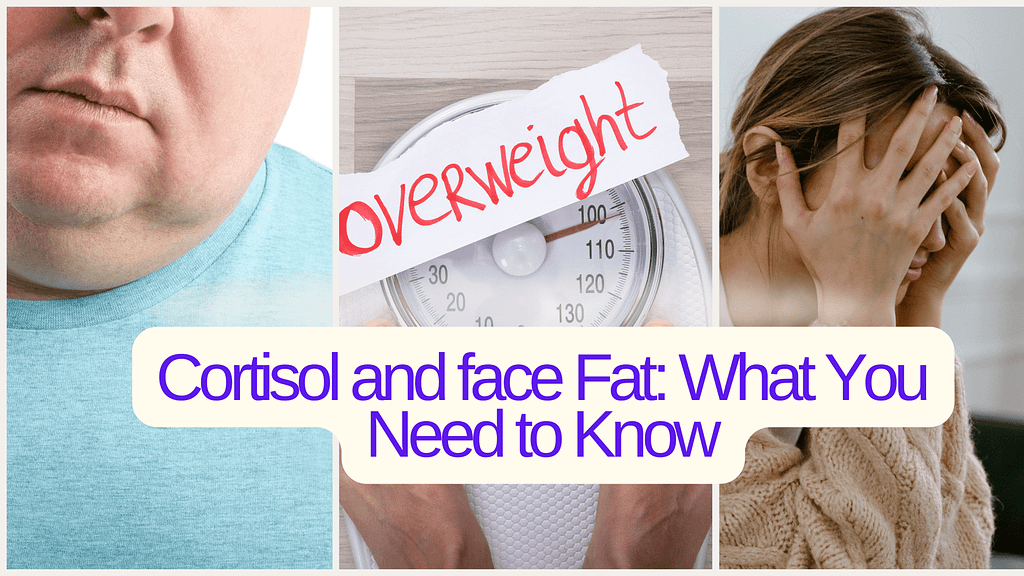


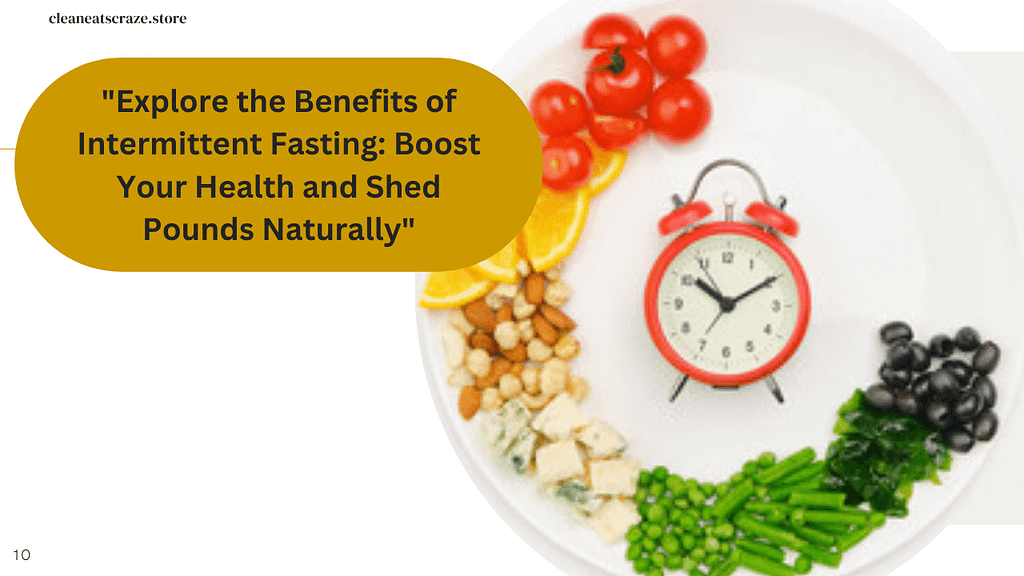
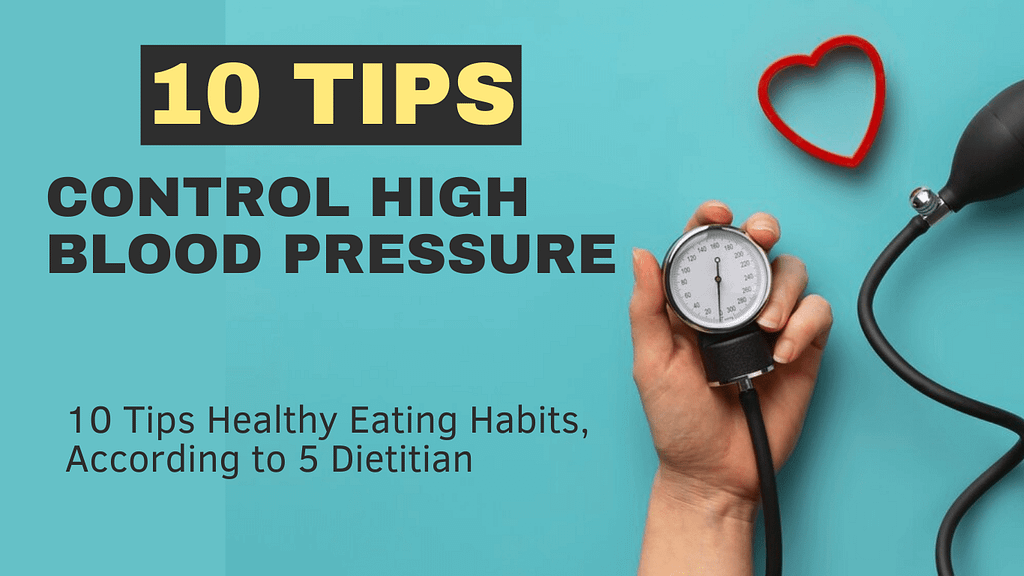


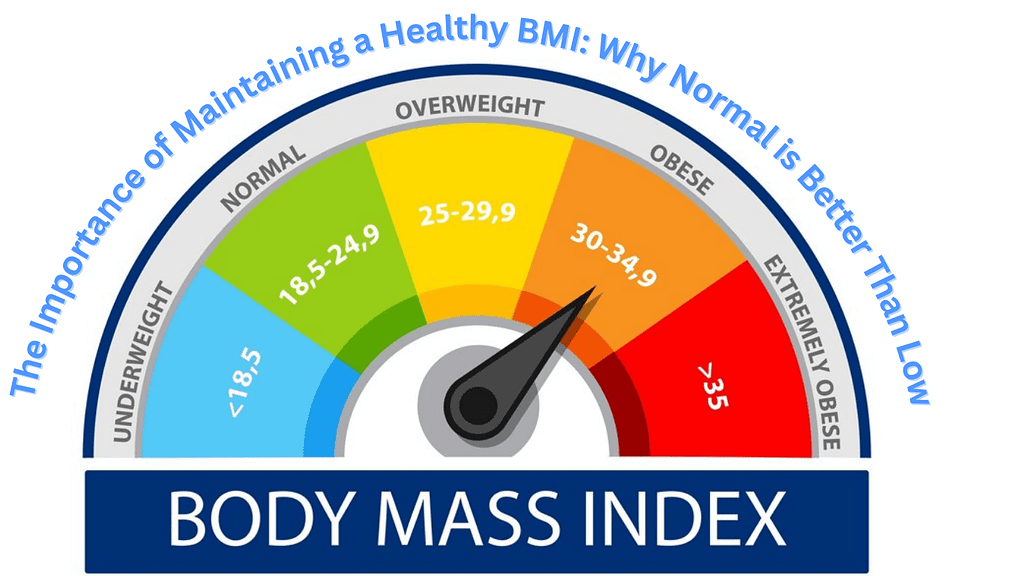


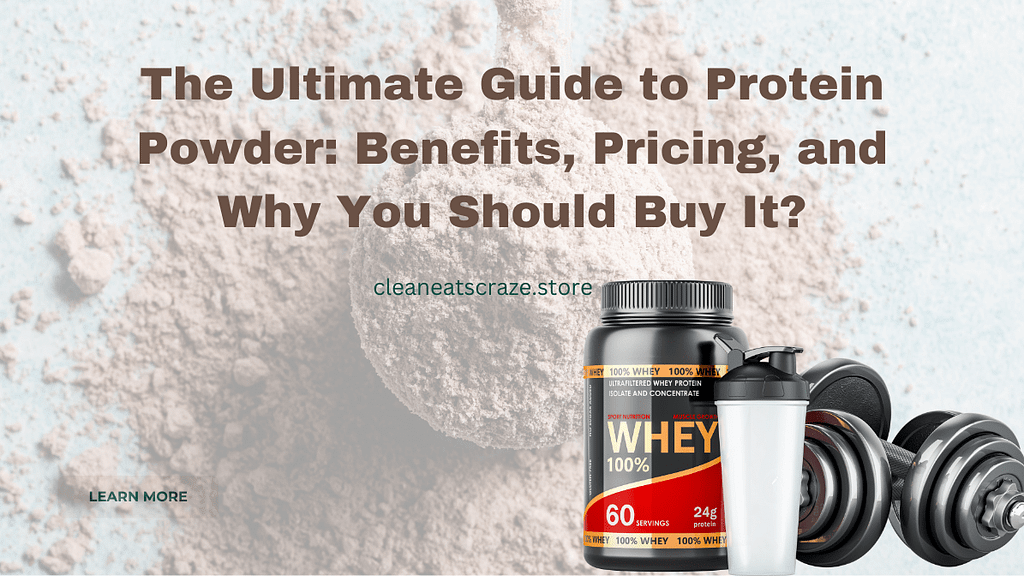






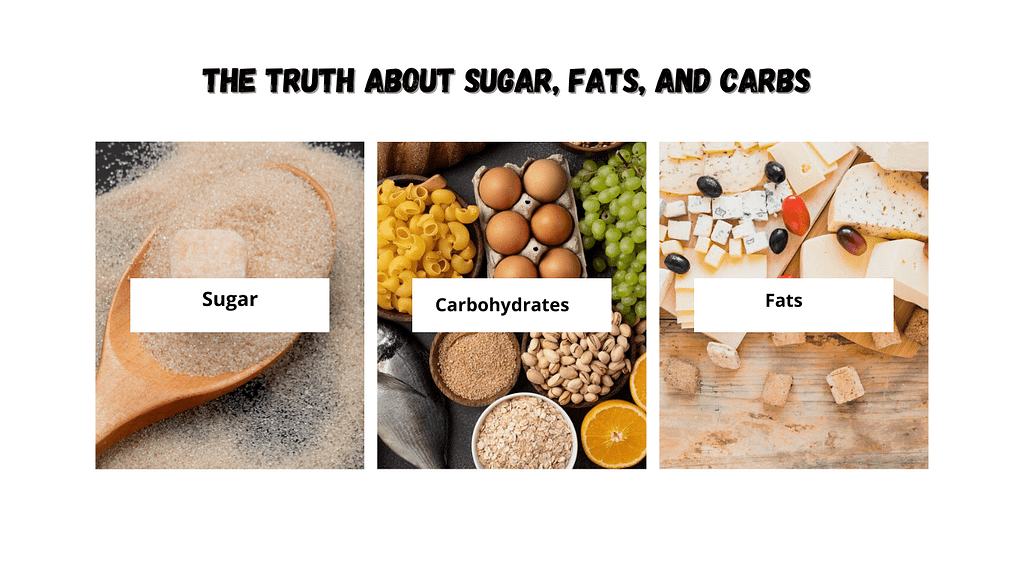

Hello! Do you know if they make any plugins to protect against
hackers? I’m kinda paranoid about losing everything I’ve worked hard on.
Any suggestions? https://Odessaforum.Biz.ua/
Yes, WordPress offers several plugins that can help protect your site against hackers. Here are some popular and highly recommended security plugins:
Wordfence Security
Provides firewall protection, malware scanning, and login security features.
Wordfence Security
Sucuri Security
Offers a security activity auditing, file integrity monitoring, and a website firewall.
Sucuri Security
iThemes Security
Helps prevent unauthorized access, brute force attacks, and provides two-factor authentication.
iThemes Security
All In One WP Security & Firewall
A comprehensive plugin offering features like firewall protection, login lockdowns, and database security.
All In One WP Security & Firewall
Jetpack
Includes security features like downtime monitoring, brute force attack protection, and malware scanning.
Jetpack
Additional Tips:
Regular Backups: Ensure you have regular backups of your site. Plugins like UpdraftPlus or BackupBuddy can automate this process.
Strong Passwords and User Permissions: Use strong passwords and limit user permissions to only what’s necessary.
Keep Everything Updated: Regularly update your WordPress core, themes, and plugins to protect against vulnerabilities.
These plugins and practices will help enhance your site’s security and give you peace of mind.
Hello! Do you know if they make any plugins to protect against hackers?
I’m kinda paranoid about losing everything I’ve worked hard on. Any suggestions? https://Odessaforum.Biz.ua/